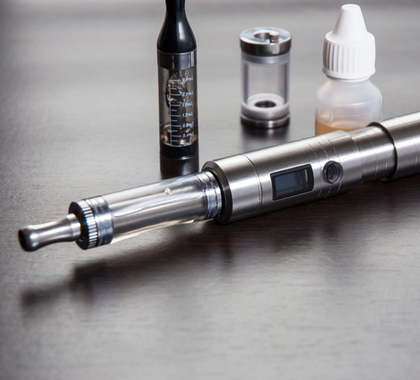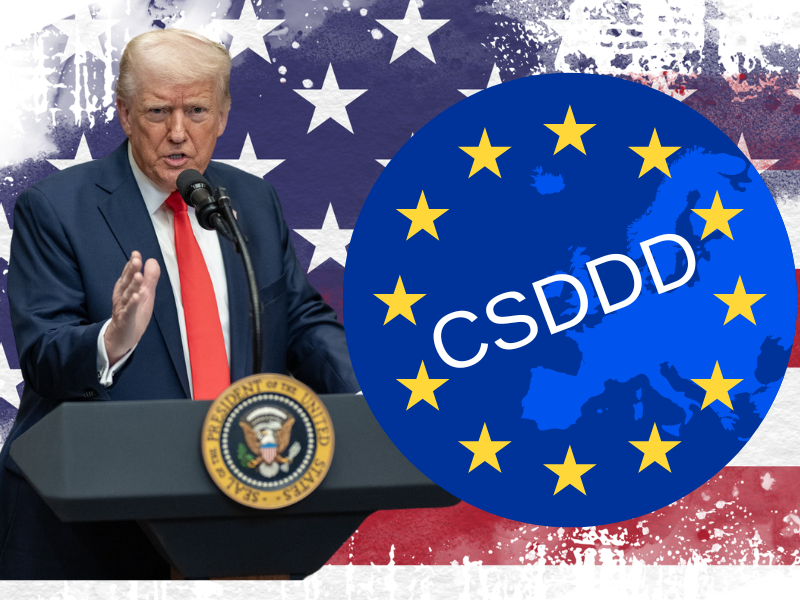The U.S. Food and Drug Administration (FDA) is alleging Juul Labs and other e-cigarette manufacturers are illegally marketing products intended for consumption by children.
FDA agents seized more than 1,000 pages of advertising and marketing documents from Juul Labs during an unscheduled October 2 inspection of the company’s San Francisco, California headquarters.
The seizure is part of an FDA campaign initiated in September to crack down on what the agency calls an “epidemic” of illegal e-cigarette use among children.
Cites Concern for Children
Announcing the campaign on September 12, FDA Commissioner Scott Gottlieb said e-cigarette companies may be using advertising and flavored e-cigarette liquid to encourage children to use their products illegally.
“We’re committed to the comprehensive approach to address addiction to nicotine that we announced last year, but at the same time, we see clear signs that youth use of electronic cigarettes has reached an epidemic proportion, and we must adjust certain aspects of our comprehensive strategy to stem this clear and present danger,” Gottlieb said.
“One factor we’re closely evaluating is the availability of characterizing flavors,” Gottlieb said. “We know that the flavors play an important role in driving the youth appeal, and in view of the trends underway, we may take steps to curtail the marketing and selling of flavored products.”
Wants to See Evidence
Lindsey Stroud, a state government relations manager for The Heartland Institute, which publishes Budget & Tax News, says the government may be blowing smoke when it claims there is a youth-vaping epidemic.
“While the FDA and other media have reported a 75 percent increase in youth vaping, they are not releasing the data,” Stroud said. “This is contrary to published data which found youth vaping rates decreased in 2016 and plateaued in 2017.”
Says Current Rules Work
Existing rules and regulations sufficiently ensure e-cigarette customers are legally allowed to buy the products, Stroud says.
“Vape shops, which exclusively sell e-cigarettes and vaping devices, have done well to enforce age restrictions, including a two-point process that includes displaying signs with the authorized age and checking all IDs.”
Chris Snowdon, head of lifestyle economics at the Institute of Economic Affairs, says the FDA is holding e-cigarette companies and retailers to an unrealistic standard.
“Clearly, retailers should not be selling to kids, but the FDA’s demand that companies stop making products that appeal to people aged under 18 is unachievable,” he said. “All products that are aimed at adults have some appeal to some teenagers. Nobody in their right mind suggests that alcohol or tobacco be banned because it has appeal to some minors, but that is essentially what the FDA is saying about e-cigarettes.”
Stroud says more government regulation is unlikely to reduce the illegal activities.
“Most youth obtain tobacco products through social sources: friends, family, and acquaintances who are of the legal age,” Stroud said. “I don’t know how any government program or regulation can effectively combat those sources.”
Sees Lack of Understanding
Stroud says elected officials should make an effort to understand more about vaping.
“Lawmakers should understand that vaping is not smoking,” Stroud said. “The public-health groups that first linked cancer to cigarettes are the same public health groups that have found vaping to be around 95 percent safer than combustible cigarettes. Federal, state, and local governments are regulating these products in the same manner as combustible cigarettes, which they’re not.”
Snowdon says U.S. policymakers should look to Europe for best practices on e-cigarette policy.
“The UK and most European countries have dealt with the issue more sensibly, with health agencies explaining that vaping is much less hazardous than smoking and setting up a regulatory structure that prevents youth access as much as possible while allowing a free market in the devices for adult consumers.”
Madeline Fry (mfry@hillsdale.edu) writes from Hillsdale, Michigan.
Internet Info:
Brad Rodu, “Retract the UC San Francisco E-Cigarette ‘Gateway’ Study,” The Heartland Institute, April 6, 2018: https://heartland.org/news-opinion/news/retract-the-uc-san-francisco-e-cigarette-gateway-study




